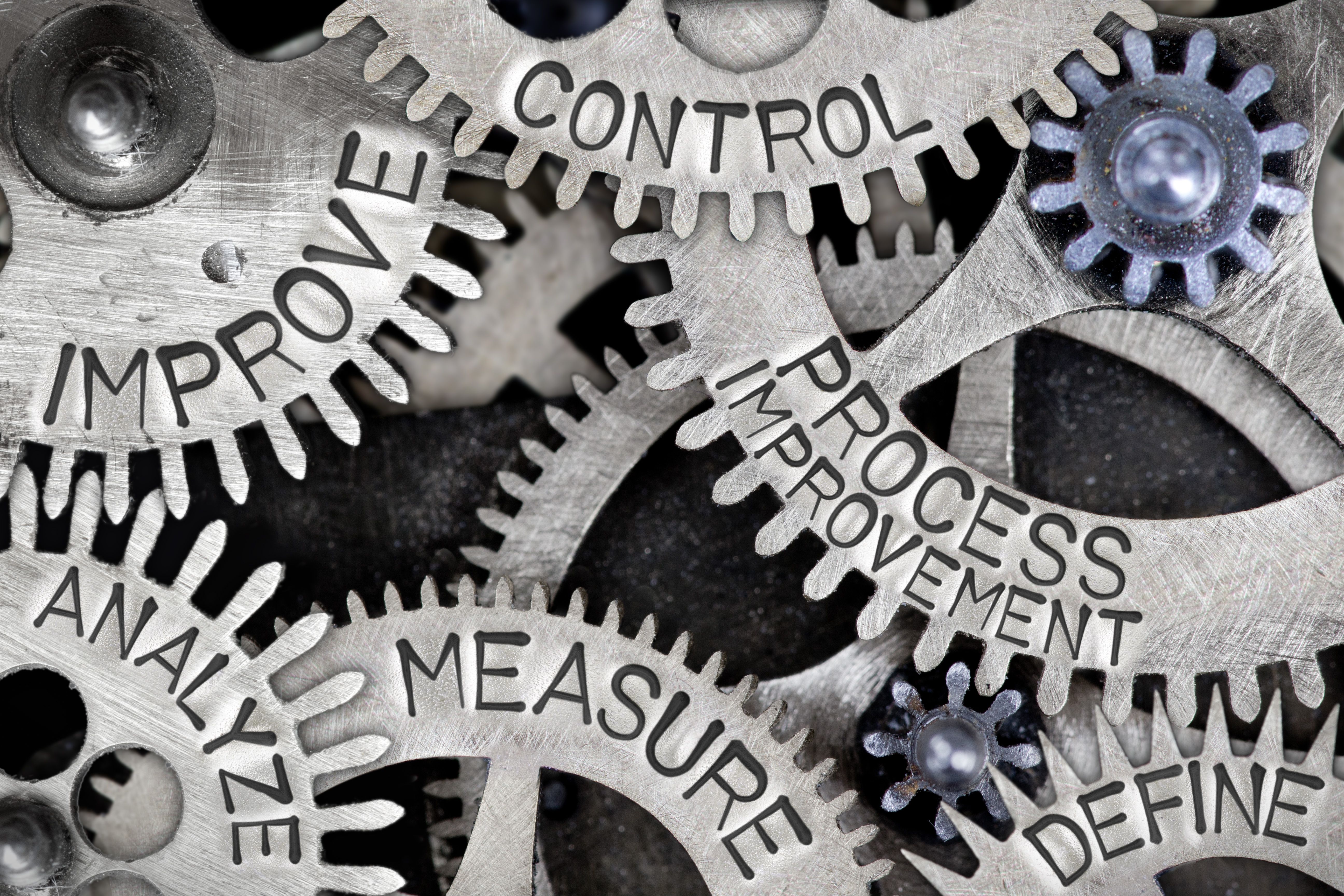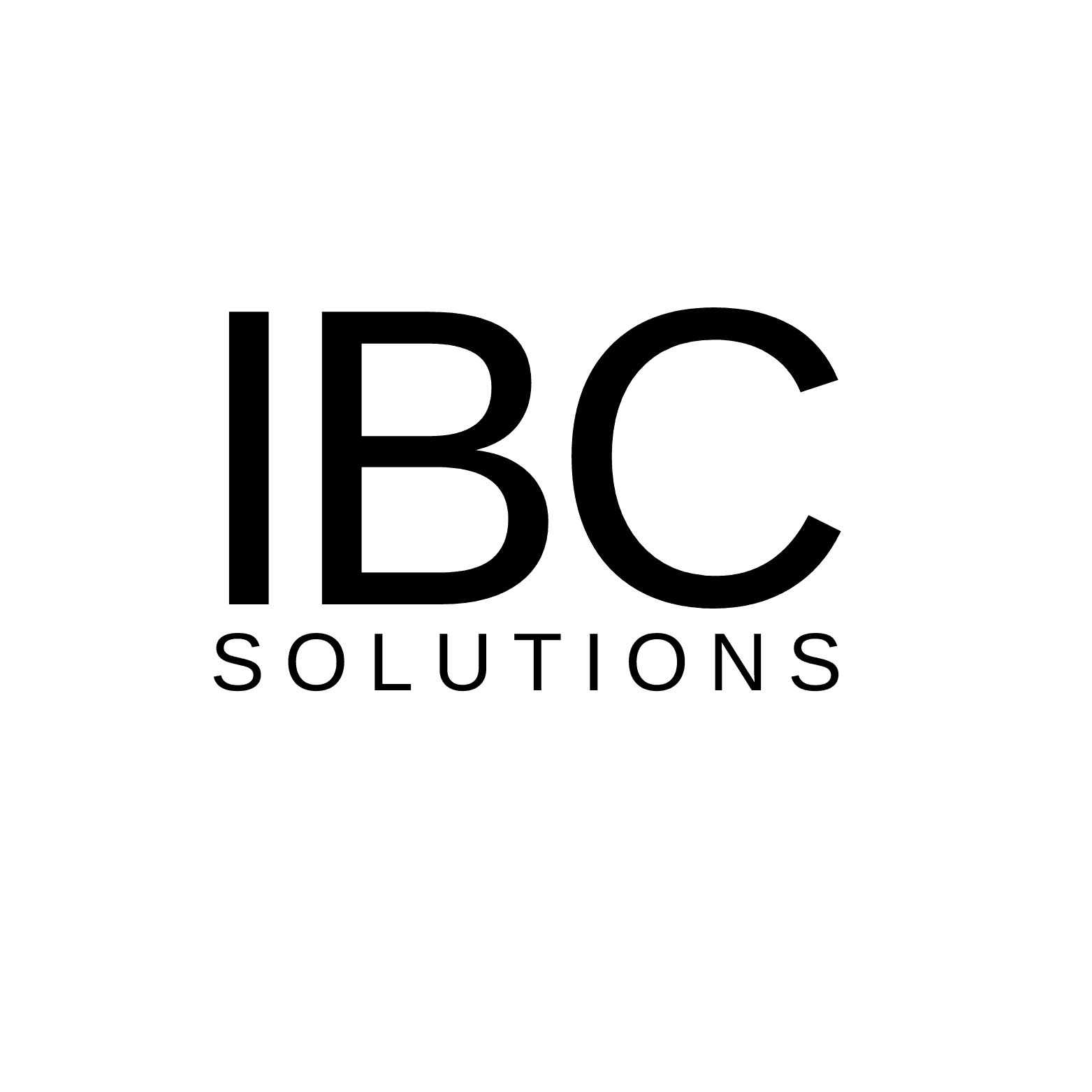Boosting Efficiency: Strategies for Sustainable Operational Performance Improvement
Understanding Operational Performance
Operational performance is the backbone of any business. It refers to the efficiency and effectiveness with which an organization meets its objectives. As businesses strive for growth, improving operational performance sustainably becomes crucial. Understanding the elements that influence performance is the first step in this journey.

Several factors impact operational performance, including resource allocation, process efficiency, and technology integration. Identifying bottlenecks and inefficiencies within these areas is essential for crafting strategies that lead to sustainable improvement. This proactive approach helps in maintaining a competitive edge in today's dynamic market.
Streamlining Processes
Streamlining processes is a fundamental strategy for boosting efficiency. By analyzing each step of a process, businesses can identify unnecessary tasks or steps that can be automated or eliminated. This not only saves time but also reduces costs and enhances the overall quality of output.

Implementing lean management techniques can significantly contribute to streamlining operations. Lean principles focus on minimizing waste and maximizing value, ensuring that every process aligns with business goals. Regular training and development programs for employees can also aid in sustaining these improvements over time.
Leveraging Technology
Technology plays a pivotal role in improving operational performance. Integrating the right tools and software can automate repetitive tasks, provide real-time data insights, and enhance decision-making capabilities. Businesses should prioritize investing in technology that aligns with their operational goals and industry standards.

Artificial intelligence (AI) and machine learning (ML) are increasingly becoming integral to operational strategies. These technologies offer predictive analytics, which helps anticipate customer needs and market trends, thereby enabling proactive adjustments in operations.
Fostering a Culture of Continuous Improvement
Creating a culture that encourages continuous improvement is vital for sustainable operational performance. Employees should be empowered to suggest improvements and participate in decision-making processes. This not only boosts morale but also fosters innovation and creativity within the organization.
Regular feedback loops and performance reviews are effective tools for maintaining this culture. By continuously evaluating performance and implementing constructive feedback, businesses can ensure their operations remain agile and responsive to change.
Measuring Success
Finally, measuring the success of operational performance improvement strategies is crucial. Establishing key performance indicators (KPIs) and regularly monitoring them provides insights into the effectiveness of implemented strategies. Businesses should focus on both short-term achievements and long-term goals to ensure sustainable growth.

In conclusion, boosting efficiency through sustainable operational performance improvement requires a multifaceted approach. By streamlining processes, leveraging technology, fostering a culture of continuous improvement, and measuring success effectively, businesses can achieve greater efficiency and sustained growth.
